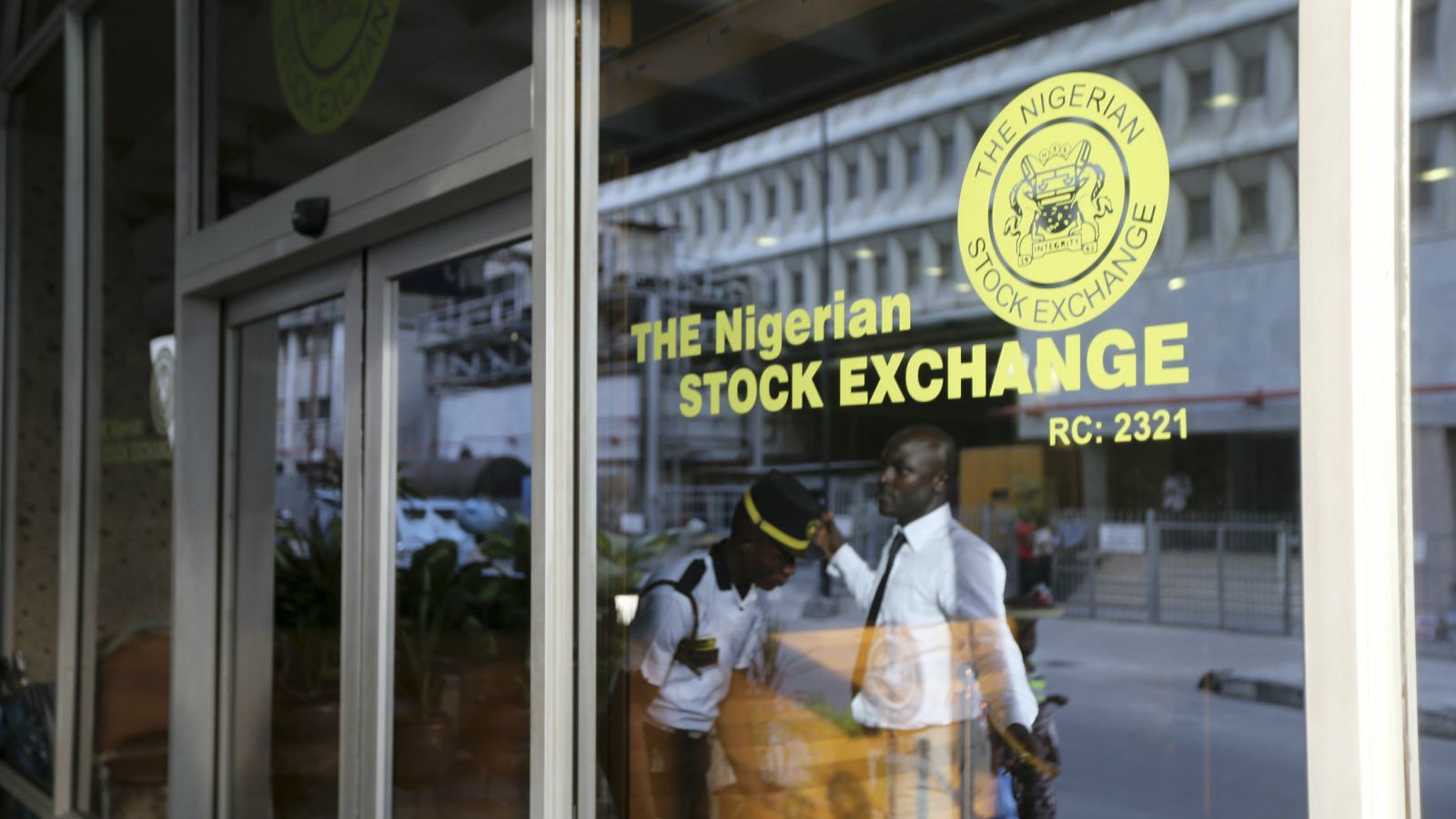Unclaimed dividends have risen to its highest level of N129.62 billion. Shareholders have alleged deliberate efforts by registrars and company secretaries to frustrate the recovery of the unclaimed dividends and payment of new ones.
Latest update on unclaimed dividends by the Securities and Exchange Commission (SEC) showed that unclaimed dividends had risen to N129.62 billion by last December 31.
The report indicated that about a quarter of the unclaimed dividends were with registrars while the balance were with companies.
SEC in November 2015 launched the E-Dividend Mandate Management System (E-DMMS) in collaboration with the Central Bank of Nigeria, Nigerian Interbank Settlement System (NIBSS) and other stakeholders. The E-DMMS is an E-dividend payment portal that ensures the payment of dividends directly into a shareholder’s account.
After about three years of campaign for e-dividend, SEC cancelled the issuance of physical dividend warrants, opting for full e-dividend payment for companies quoted on the stock market.
Shareholders, who spoke to The Nation at the weekend, alleged that the rate of adoption of the e-dividend and recovery on unclaimed dividends had been slowed down by bureaucratic bottlenecks and deliberate sabotage by some stakeholders, especially registrars and company secretaries.
Shareholders, who spoke under the condition of anonymity for fears of victimisation, said companies and registrars were unwilling to release the huge funds under their custody and had been employing delay tactics to frustrate shareholders from adoption of e-dividend.
According to the shareholders, company secretaries and registrars have perfected the tactics of selective payment and distribution of e-dividend while exploring loopholes in the rules and enforcement by SEC.
“Before you can open a shareholding account, you must necessarily fill Know-Your Customer (KYC) form that contains all your details, including bank account and official identity. You will also be required to sign your signature, provide utility bill, photocopies of identity card and many other requirements. But even after this process and your account is opened at the Central Securities Clearing System (CSCS), the registrars will still claim you don’t have specimen signature and all sorts of that,” a shareholders’ leader said.
According to them, with the shareholders’Bank Verification Number (BVN) that are registered with stockbrokers, registrars should be able to process e-dividend and make payment on the basis of confirmation by stockbrokers, who are the custodians of shareholders’ accounts.
They noted that the CSCS used a similar method to attain 100 per cent dematerialisation of share certificates, alleging that registrars and company secretaries are undermining the dividend payment process because “money is involved”.
They urged SEC to review the e-dividend process and work with stockbrokers to achieve seamless transition to full e-dividend payment.
“When you sell your shares through stockbrokers, you get your money, why is it that it is only when it comes to dividend payment that bureaucracy comes in and you are being tossed from one end to another? It is deliberate. They know what they are doing,” another shareholders’ leader lamented.


 Forex3 weeks ago
Forex3 weeks ago


 Naira2 weeks ago
Naira2 weeks ago
 Billionaire Watch2 weeks ago
Billionaire Watch2 weeks ago






 Naira3 weeks ago
Naira3 weeks ago






 Naira2 weeks ago
Naira2 weeks ago


 Naira1 week ago
Naira1 week ago




 Naira4 weeks ago
Naira4 weeks ago






 Naira1 week ago
Naira1 week ago





















